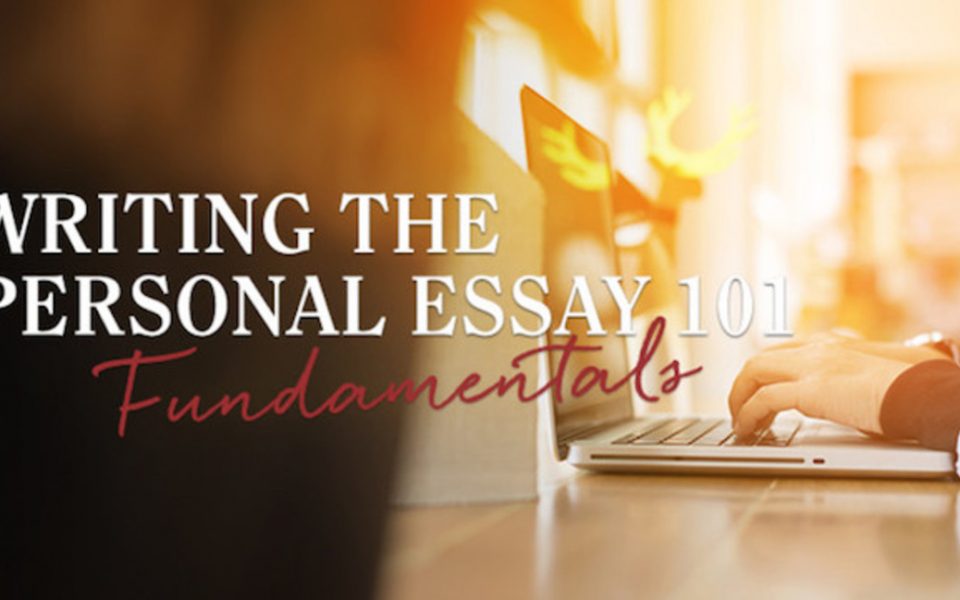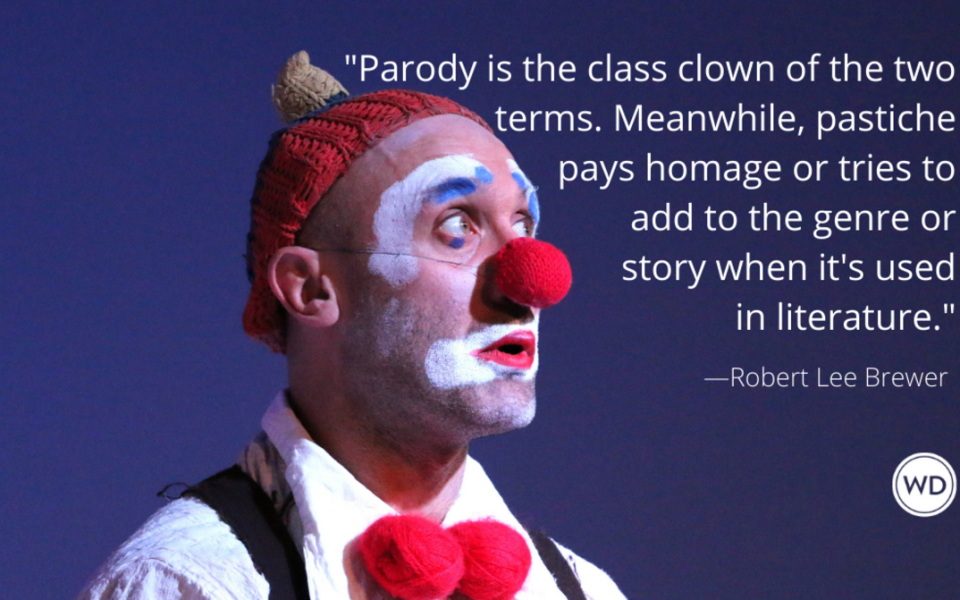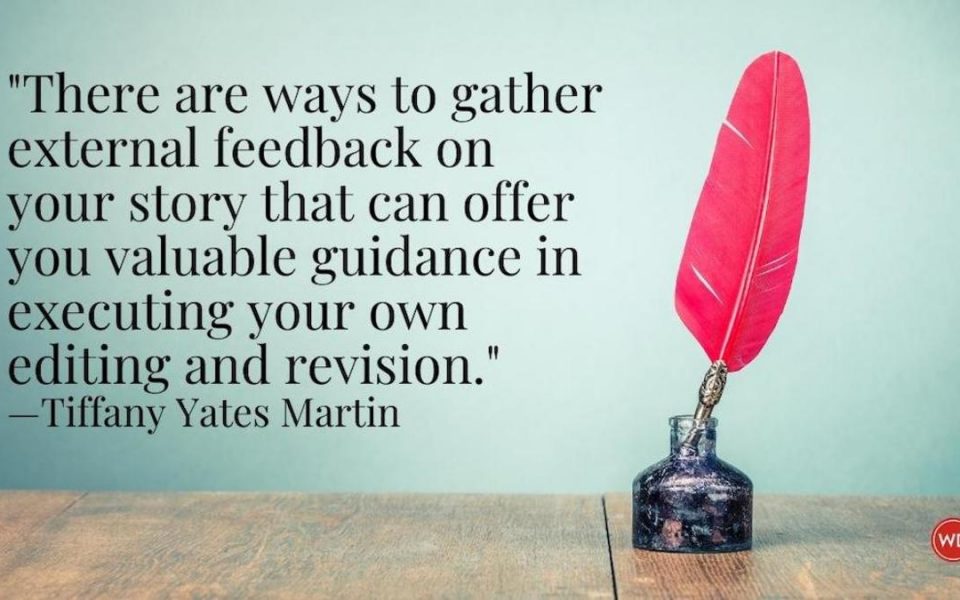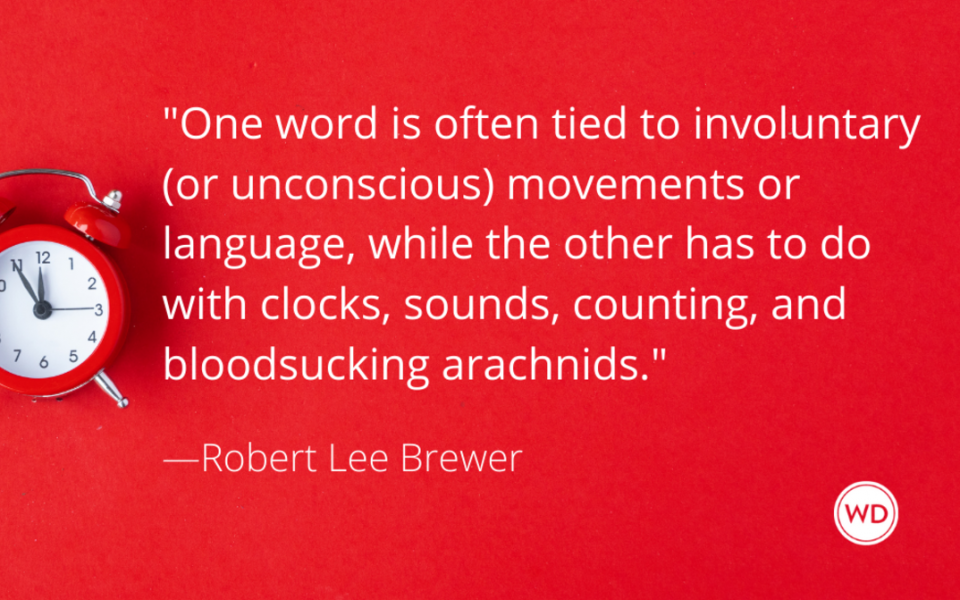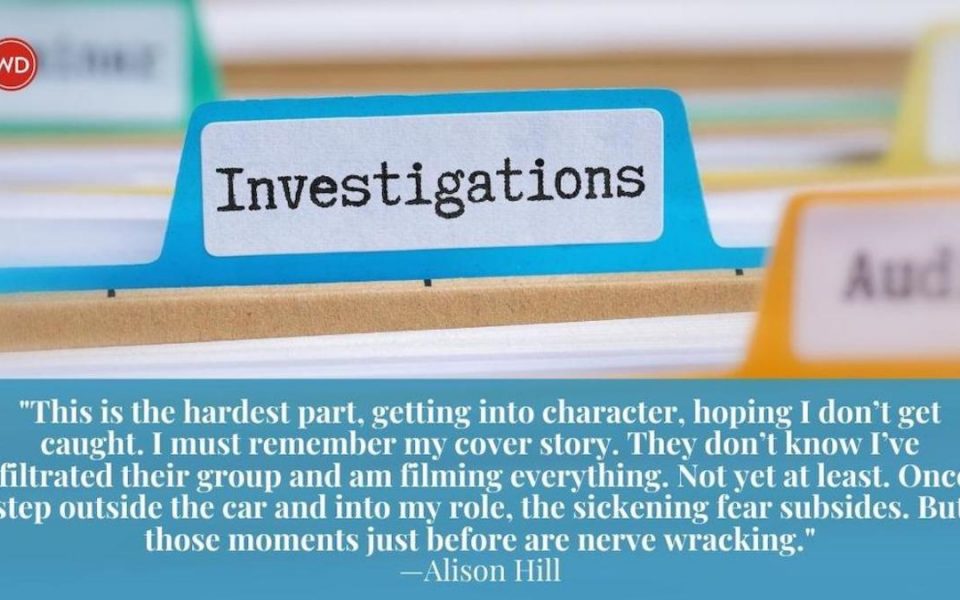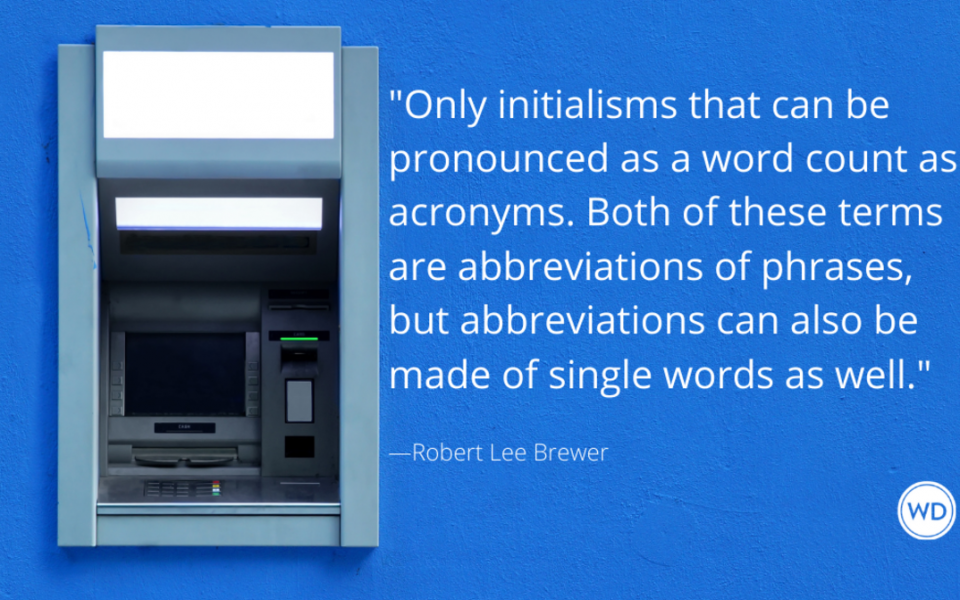Write Better Nonfiction / 20 posts found
Writing Mistakes Writers Make: Not Asking Questions in the Drafting Process
Everyone makes mistakes—even writers—but that’s OK because each mistake is a great learning opportunity. The Writer’s Digest team has witnessed many mistakes over the years, so we started this series to help identify them early in the process. Note: The mistakes in this series aren’t focused on grammar rules, though we offer help in that area as well. (Grammar rules for writers.) Rather, we’re looking at bigger picture mistakes and mishaps, including the error of using too much exposition, neglecting research, or researching too much. This week’s writing mistake writers make is not asking questions in the drafting process. Writing […]
Brevity: Market Spotlight
Brevity: A Journal of Concise Literary Nonfiction publishes excellent flash nonfiction. That means, Brevity publishes nonfiction essays of 750 words or fewer. And Brevity has been doing so for more than 20 years. The current editor-in-chief is Dinty W. Moore. (Lee Gutkind: The Godfather Behind Creative Nonfiction.) The editors say, “Though still committed to the mission of publishing new writers, Brevity has been fortunate over the years to include the work of three Pulitzer prize finalists, numerous NEA fellows, Pushcart winners, Best American authors, and writers from India, Egypt, Ireland, Spain, Malaysia, and Japan. … Work from Brevity has been […]
Parody vs. Pastiche (Grammar Rules)
If you’ve heard the terms parody and pastiche tossed around, but you’re not sure how they’re different (or how they’re related), you’re in the right place. Because we’re about to look at what each word means and how these two similar terms differ. (Grammar Rules for Writers.) Learn when you’re using parody vs. pastiche in your writing with Grammar Rules from the Writer’s Digest editors, including a few examples of each. Parody vs. Pastiche Parody is a noun that refers to a work of art or literature that is an exaggerated imitation of another piece of art or literature with […]
Alternatives to a Professional Edit
So far in our series about hiring a professional editor, we’ve looked at determining whether you need an edit and if so what kind, explored where to find good editors and what questions to ask to winnow down your options, and how to evaluate the sample edit to determine whether an editor is the right fit for you. But what if the often several-thousand-dollar price tag simply isn’t in your budget right now? Does that mean you’re dead in the water, your writing career frozen until you can fund it? It doesn’t have to. (When Is My Novel Ready to […]
What Is a Braided Essay in Writing?
It’s been a while since we’ve looked at a new essay form, so let’s took a look at what a braided essay is, including what makes it different from other types of essays, including the hermit crab essay, graphic essay, and fragmented essay. (What Is a Personal Essay in Writing?) I think you’ll find the braided essay can be fun, even if the narrative structure can be a challenge for both the writer and reader alike. What Is a Braided Essay in Writing? A braided essay is basically like braided hair in that it weaves multiple threads together to make […]
Desperate vs. Disparate (Grammar Rules)
For this Grammar Rules post, we look at two disparate words that sound desperately similar when spoken aloud. While both are adjectives, they have disparate definitions for people desperate for the best word for their unique situation. (Common Writing Mistakes and How to Fix Them.) So let’s look at the differences between desperate and disparate and when to use each. Desperate vs. Disparate Desperate is an adjective that can take on a few different meanings. First, it can mean giving up hope or the possibility of hope. Second, it can describe an action taken in response to this despair. Third, it […]
Tic vs. Tick (Grammar Rules)
Tic and tick are homophones that have very different meanings. One word is often tied to involuntary (or unconscious) movements or language, while the other has to do with clocks, sounds, counting, and bloodsucking arachnids. (Common Writing Mistakes and How to Fix Them.) So let’s look at the differences between tic and tick and when to use each. Tic vs. Tick Tic is a noun that refers to a frequent quirk of behavior or speech of a person. For instance, a person who says “um” frequently between words or the word “like” would be considered to have a verbal tic or […]
What Is Investigative Journalism?
My heart pounds as I prepare to enter the building. A backpack, equipped with a hidden camera occupies the passenger seat, an entity all its own. This is the hardest part, getting into character, hoping I don’t get caught. I must remember my cover story. They don’t know I’ve infiltrated their group and am filming everything. Not yet at least. Once I step outside the car and into my role, the sickening fear subsides. But those moments just before are nerve wracking. (How Not to Write a How-To Book) This was my most memorable assignment as a television investigative journalist—going […]
Abbreviation vs. Acronym vs. Initialism (Grammar Rules)
If you have trouble understanding the difference between an abbreviation, acronym, and initialism, don’t worry: They’re easy to mix up. In fact, they often overlap each other. But this post will attempt to untangle these terms ASAP. (Grammar Rules for Writers.) Learn when you’re using an abbreviation vs. acronym vs. initialism with Grammar Rules from the Writer’s Digest editors, including a few examples of correct usages. Abbreviation vs. Acronym vs. Initialism Abbreviation is the shortened form of a word or phrase intended to speed up communication and/or use fewer symbols. For instance, using “vs.” for “versus” or “dept.” for “department” as […]


